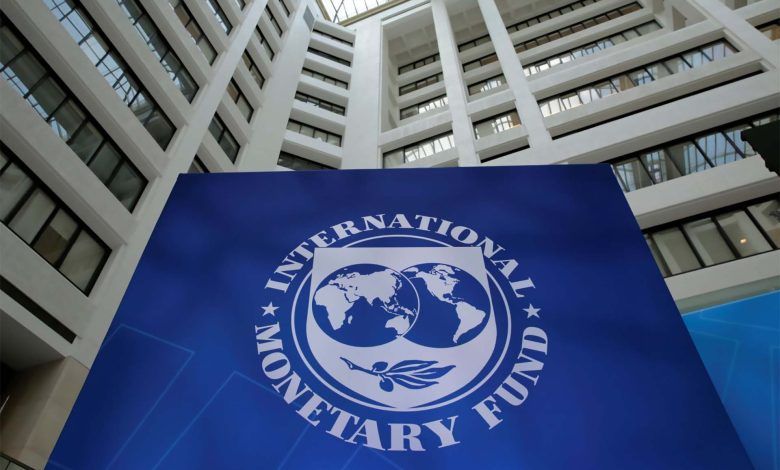
The global economy is expected to slow but steer clear of a recession, even as fresh U.S. tariffs fuel uncertainty and strain growth, according to International Monetary Fund Managing Director Kristalina Georgieva.
Speaking ahead of the IMF and World Bank Spring Meetings in Washington, Georgieva acknowledged that recent trade tensions particularly stemming from the U.S. have rattled markets and triggered a wave of volatility not seen since the early days of the COVID-19 pandemic.
“Trade disruptions come at a cost,” she said in prepared remarks Thursday, adding that the IMF anticipates “notable” downward revisions to global growth forecasts. However, she emphasized that current data does not point to a global recession.
Georgieva’s remarks come just days before the IMF releases its updated World Economic Outlook, which is expected to revise down the previous projection of 3.3% global growth for 2025 and 2026.
Ripple Effects of Protectionism
Georgieva warned of three major economic consequences tied to rising trade barriers: heightened uncertainty, short-term growth losses, and long-term productivity erosion.
“Uncertainty is costly,” she said, noting that businesses struggle to plan amid unpredictable input costs. “Tariffs, like all taxes, generate revenue but at the expense of distorting and reducing economic activity.” Smaller economies and trade-reliant developing markets are expected to feel the greatest impact.
She also stressed that protectionist policies tend to weaken productivity over time, particularly in economies that depend heavily on exports.
Policy Advice to Major Economies
Georgieva urged policymakers to act swiftly and strategically. For countries facing growing fiscal burdens, she recommended gradually tightening budgets and strengthening the independence and credibility of central banks.
- China, she said, needs to pivot away from its export-heavy, state-led growth model and focus on stimulating private consumption.
- The United States must address its “rapidly rising” government debt and put it on a sustainable path.
- The European Union should deepen economic integration by strengthening the single market to boost competitiveness.
Call for Global Unity
While warning of the risks of fragmentation, Georgieva called on the world’s largest economies to work together on a trade framework that preserves openness and fairness.
“The goal must be to secure a settlement among the largest players that delivers a more level playing field,” she said. This means lowering both tariff and non-tariff barriers while giving the private sector enough time to adapt to shifting policies.
She concluded with a broader appeal for cooperation: “We need a more resilient world economy not one drifting toward division.”





